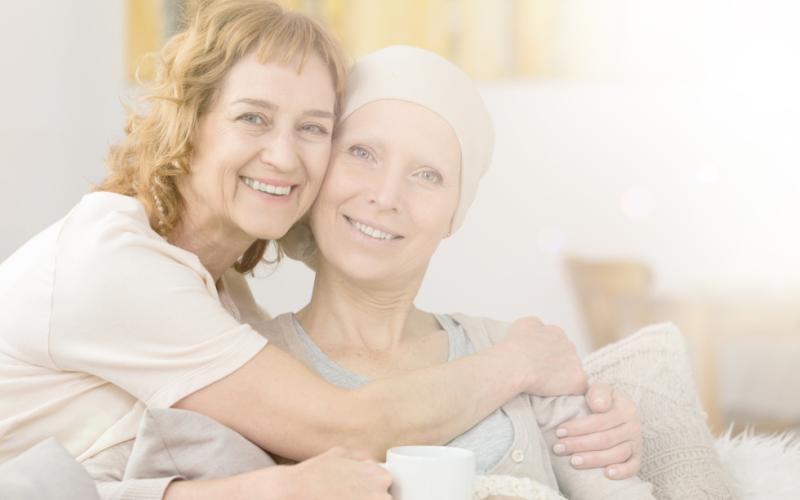
So many of us, whether we realize it or not, are caregivers. Approximately 40 million Americans provide unpaid care to older adults with disabilities, the majority of whom also juggle a job or other responsibilities. Wearing all these hats can take its toll.
Caregiving can be both a rewarding and challenging experience. It is easy to push your feeling and personal needs aside to give your full attention to the person you are caring for. As a result, caregiver burnout is extremely common.
Caregiver burnout is a state of physical, emotional and mental exhaustion that happens while you’re taking care of someone else. Stressed caregivers may experience fatigue, anxiety and depression. Caregiver burnout can impact a person in various ways, including physically, psychologically, financially, and socially. Burnout feels like a candle that ran out of a wick; it doesn’t have what it needs to continue to provide light. It can occur when you don’t get the help you need personally, as you devote all your time and energy to helping someone else. It can also happen when you try to do more than you’re able to, emotionally, physically, or financially.
As a caregiver your main responsibility is to make sure that the person within your care is safe and healthy. Your health and well-being matter just as much as the person you’re caring for. It is important to know the signs and symptoms of caregiver burnout so that you can get the help you need when you need it most. Some of these signs and symptoms may include emotional and physical exhaustion; withdrawal from friends, family, and other loved ones; loss of interest in activities previously enjoyed; feeling hopeless and helpless; changes in appetite and/or weight; changes in sleep patterns; inability to concentrate; getting sick more often; and irritability, frustration, or anger toward others.
Strategies to fight burnout:
- Establish good self-care. Maintain healthy habits such as exercise, nutrition and interpersonal connections. Limit the use of quick fixes such as alcohol, nicotine or drug use.
- Set healthy limits. Find a way to manage expectations in your workplace so that you don’t become overextended.
- Keep a healthy pace. Strive to get into the flow of your work and take periodic breaks.
- Develop a mindfulness practice. Rehearse being aware of the present moment, rather than getting into thoughts about the future or past in a way that escalates tension.
- Take breaks from electronic devices. Do this at predetermined intervals so that you are not “always on”.
- Attach your work efforts to do something you value. Notice how your work makes something in the world, the culture, or in people’s lives better.
- Be yourself. Do what you can to reduce the strain of having to project some image that is not authentic.
Another strategy to help combat caregiver burnout is to access caregiver support resources. SDSU Extension provides a caregiver program though Better Choices, Better Health® SD (BCBH-SD), called Building Better Caregivers (BBC). BBC is an evidence-based self-management education program, developed by Self-Management Resource Center and is offered as 6-weekly, 2 ½ hour workshop sessions. There is no cost to join the program and it is designed for family caregivers of people with dementia and Alzheimer’s, brain injury, and other conditions that affect memory, and those who can no longer live independently. The program can be delivered virtually or in-person and is taught by two trained BCBH-SD Lay Leaders.
Topics that will be covered throughout the 6-week workshop include:
- caregiver stress
- dealing with difficult care partner behaviors
- getting help
- making decisions
- communicating effectively with family, friends, and health professionals
- dealing with caregiver and care partner difficult emotions
- planning for future needs
- legal issues related to caregiving
- action planning and problem solving
To register or learn more about the BCBH-SD Building Better Caregivers program, visit the link below or call 1-888-484-3800.

